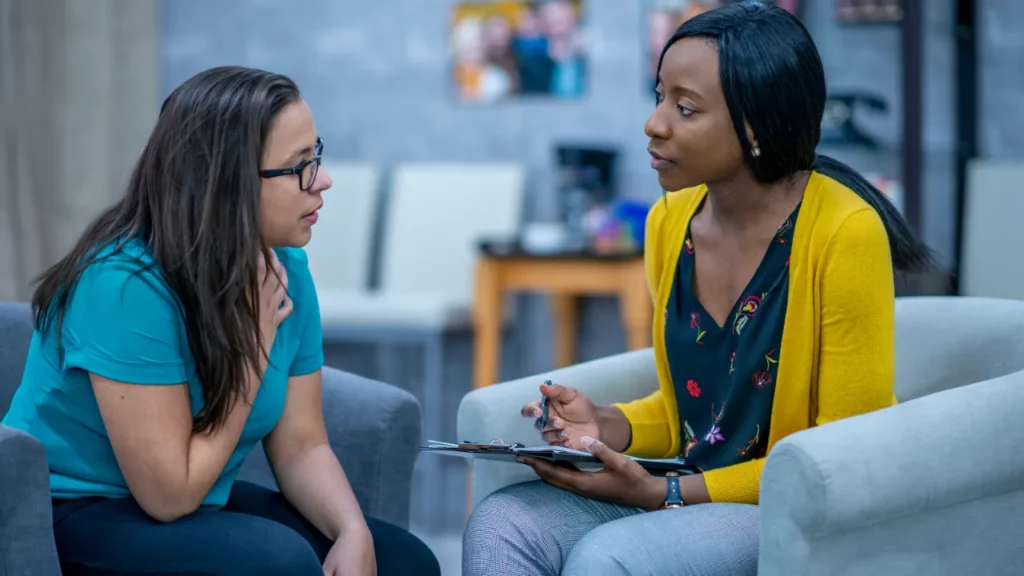Patients often ask us if using hearing aids will prevent further hearing loss. They also want to know exactly when is the best time to start using hearing aids. Simple answer is to start as soon as you can, because we know that hearing aids are good for our brains! Although using hearing aids will not prevent further hearing loss, it will help to preserve the clarity of your hearing. That is why we encourage everyone to start using hearing aids as soon as you experience hearing loss. It makes it easier to adapt to your new way of hearing and it also works like a vitamin for your brain!
For most of us, our hearing levels, also called thresholds, change very gradually over time. It is not like you just wake up one day and realize that you are not hearing well. Hearing loss is invisible, gradual and often starts with trouble hearing in groups and noise. It can take over 5 years from when people first notice hearing problems to when they decide to actually have an exam and start using hearing aids. We know that keeping your ears stimulated with well fit hearing aids will keep you connected to the people and activities you love. Hearing aid use will help preserve the clarity of your hearing. This means you will be able to follow conversation more easily when you have been wearing hearing aids.
We actually hear with our brains. Our ears detect the sound and transmit it to the brain where we assign meaning. Like when we go to the gym to exercise a muscle, using hearing aids will stimulate our brain hearing system and maintain those neural pathways so important for listening and comprehension. Functional MRI studies show that the listening area in the brain, the auditory cortex, actually loses gray matter when it is not stimulated. This is called auditory deprivation. Studies have even shown that people with significant hearing loss, who do not wear hearing aids, actually ‘rewire’ their brains to activate the visual area of the brain. When they listen to a sound while in the MRI chamber it is the visual cortex of the brain that lights up! Many people unconsciously rely on lipreading, also called speech reading, to fill in the gaps of what they do not hear. Using hearing aids as well as visual cues is the best way to follow conversation and keep your brain stimulated.
What happens if you don’t wear your hearing aids? Well, you will certainly miss out on all the wonderful things going on around you. Remember, life does not have a repeat button! Hearing aids need to be worn every day to give the most benefit. If you keep them in your pocket and only use them for special occasions then your brain will never fully adjust to the new sound. We recommend using your hearing aids for all of your waking hours, except of course when they would get wet if you are swimming or bathing. Making hearing aids part of your daily routine, for example by putting them on as part of getting dressed, helps you fully adjust to them and you will have them on when you need them most.
If you have hearing aids but don’t use them please make an appointment with an audiologist for more help. Hearing aids should be comfortable and secure in your ears. Sound should be pleasant, clear and not too loud. Yes, it does take time to adjust to the new way you are hearing but we promise you that it will be worth it! Hearing aids have been shown to greatly improve the quality of your life.
In conclusion, using hearing aids will keep your ears stimulated to prevent auditory deprivation. Well fit hearing aids will keep you connected to the people and things important to you so that you can participate fully in life.

